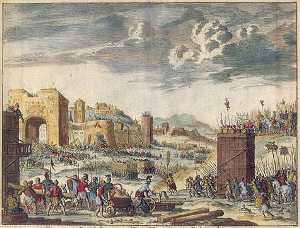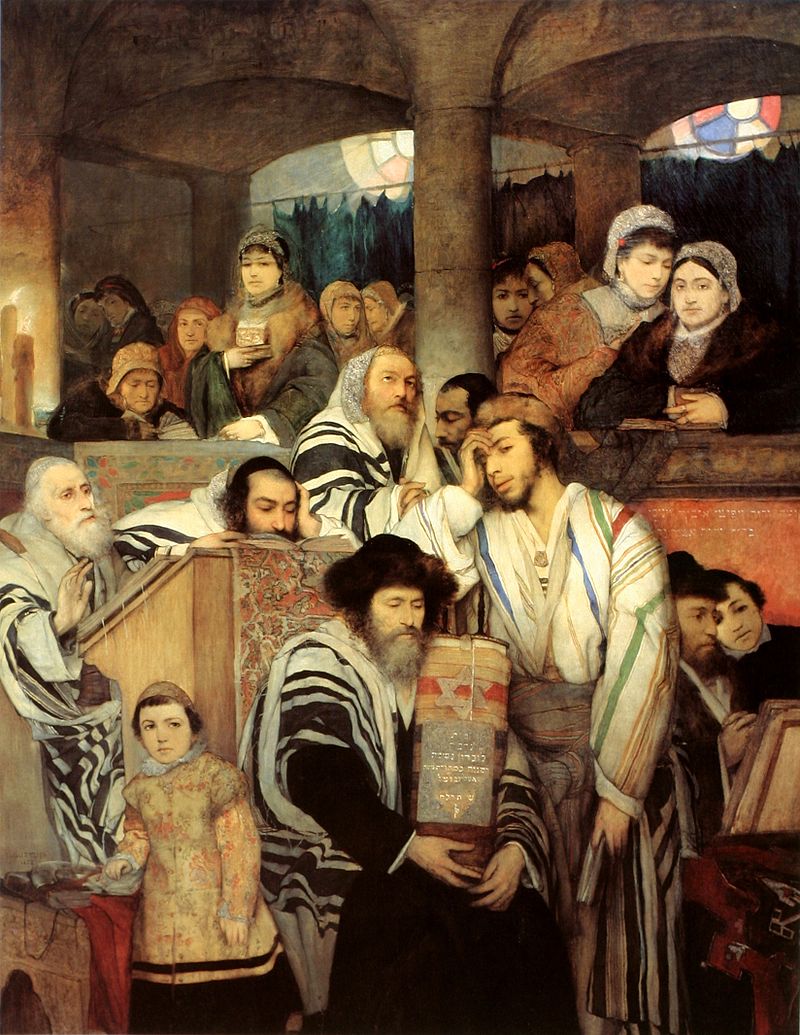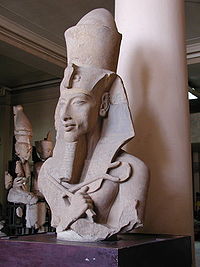
The Talmud (Megillah 9b) tells how King Ptolemy (died 246 BCE) placed 72 Jewish scholars in different rooms and told them to translate the Torah. In an act of Divine Providence the 72 translations all matched each other.
The translation became known as the Septuagint, which means “the 70” in Greek – in reference to the general amount of scholars who translated it. This is the basic translation of the Bible that much of the non-Jewish world has today.
Despite advantages to teaching the non-Jewish world the Written Torah, the Torah Sages did not welcome the opportunity. “The day when the Torah was written in Greek was as unfortunate for Israel as the day of the Golden Calf” (Soferim 1:7). They even decreed that the day the Septuagint was completed, the eighth day of the month of Teves (in the winter), was to be marked on the Jewish calendar as “a day of darkness” (Megillas Taanis).
It was combined with two other tragedies around that date – the death of Ezra and the breaching of the walls of Jerusalem – and decreed a public fast day (Asara B’Teves, “the Tenth of Teves”). Perhaps the reason was because they saw that the translation would open the door for usurpers and new religions claiming to supplant or succeed the Torah.
Mistranslation of the “Virgin Birth”

History has proven the Sages right for their ambivalence about translating the Torah into a language that the masses could read. There are numerous examples, but perhaps the most famous is the mistranslation that led to the Christian doctrine of the Virgin Birth.
The Christian Gospels attribute it to a verse in the prophet Isaiah (7:14). The Hebrew word there is not “virgin,” but alma, which means a “young girl.” Now, a “young girl” can be a virgin, but if the prophet wanted to emphasize the miraculous nature of the event and leave no room for misinterpretation there is a better, unique Hebrew word for virgin, b’tulah.
The Greek word, however, for “young girl” and “virgin” is the same; they have only one word for both. Therefore, in the Septuagint when the translation of the prophet Isaiah was written they used the Greek word that means either “young girl” or “virgin.” In the Latin translation, only the word “virgin” already appears. Latin readers in the Roman Catholic Church saw this as an unmistakable reference to the doctrine of Immaculate Conception.
One of the reasons the Protestants departed from the Catholic Church many centuries later was because Luther and others complained about that mistranslation. They refused to accept the doctrine of Immaculate Conception simply because they were Biblical scholars enough to know that that is not what it said in the original.
How the Septuagint Changed the Jewish World
Beyond the later mistranslations, the Septuagint had an immediate impact on the Jews living less than a century away from the Chanukah story. It gave a dangerous stamp of approval to Greek language and culture. After all, the Septuagint was authored by great scholars of Torah. It opened the door for Jews to use all other Greek names freely thereafter. This legitimization of the Greek language allowed Greek culture and values to enter the Jewish world.
From the time of the Septuagint onward, it was very hard to draw a line and say, “We are going to take this amount of Greek culture, but we are not going to take the rest.” What is going to happen is that they are going to take the rest. They are going to become more Greek than the Greeks, which is a Jewish trait. The Jews were super-Germans, super-Socialists, and are super-Americans, because the burden is upon them to prove themselves.
Here, too, the burden will be upon them to prove themselves Greek. And they will, indeed, out-Greek the Greeks. That was fallout from the translation of the Septuagint.












